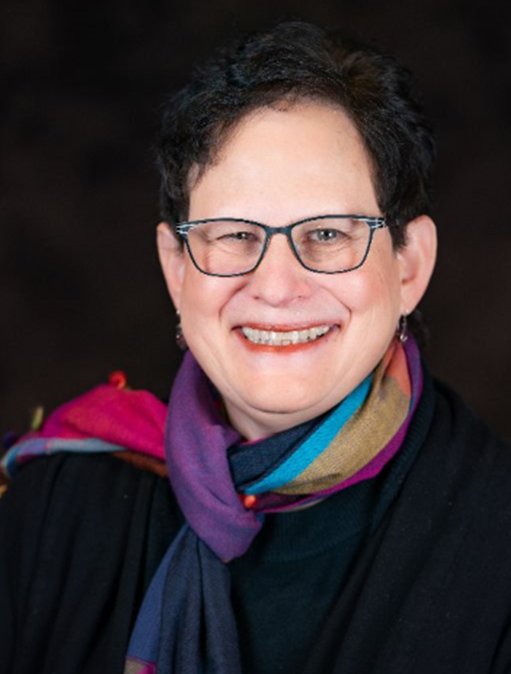Passover message is ‘particularly poignant’
The Torah teaches us that every generation is obligated to tell the story of the Exodus from Egyptian bondage into freedom as if we personally experienced it. Passover is the most widely celebrated Jewish holiday throughout all streams of Judaism. The holiday also takes on contemporary meaning reflecting the moral, ethical issues and the realities of the day. This year its message is particularly poignant.
The Torah commands us to eat matzah, unleavened bread for seven days and remove products with leaven from our homes. This is the perfect year to donate our leaven products to food pantries to help feed the hungry in our communities. We, in normal times, gather with extended family and friends for the seder, the ritualized order of retelling the story and we eat a festive holiday meal with foods prepared that are kosher for Passover. We are encouraged to invite guests into our homes. The seder ritual engages the youngest children and spans the generations. We are encouraged to ask serious questions and wrestle with the meaning of the Haggadah, the book that we read during the seder. Children search for the hidden matzah, the
afikomen, Greek for dessert after the meal, a highlight over the ages.
The holiday has taken on layers of meaning over the centuries. Freedom is certainly not a gift that we can take for granted. Throughout Jewish history, Jews have not been allowed to worship freely in many areas of the world. We know what it means to be at risk for being perceived as “other”; a message that resonates throughout our community especially in light of what happened to us during the Holocaust.
In retelling the story, we recount the ten plagues that occurred as Moses, God’s emissary tried to convince Pharoah to let the Israelites go. Over time, with the writing of contemporary Haggagot, many contain alternative plagues that affect and represent the ills of society today. Questions that may be asked at the seder this year are: What plagues us today? How has the plague of Covid changed our lives? What has the plague of isolation meant to us this year? This year I would suggest that instead of just focusing on the plagues that we consider asking for the 10 blessings that have come out of this past year.
We cannot be truly be free while others are not. This year we have witnessed an awakening in America with the Black Lives Matter Movement. Until we see all Americans treated fairly in this country, we are not all free. Until we see criminal justice reform that treats all Americans the same, we are not all free. Until we see Americans stand up to bigotry and hatred against all minorities, we are not all free. Until we root out prejudice and recognize our own biases and we are not all free. Until we root out systemic racism, we are not all free. Until we stand up to hate crimes and name them, we are not all free. Until we hold people accountable for spewing hatred in this country, we are not all free.
Freedom is a gift. It is a gift to be cherished. It, like democracy, is not something we take for granted. As we retell the story of the Exodus this year, most likely on Zoom for most of us, it is incumbent on all of us to recognize that as a society we have a lot of work to do, in order to restore freedom without prejudice to all Americans. Join me in doing your part to create an America where all are safe and free.
Towards the end of the seder, we open our doors and invite Elijah the prophet into our homes. According to tradition, Elijah will usher in the messianic age. Reform Jews believe that through our own actions, we will bring about the messianic time when people will all be treated the same, there will be no war, illness and plagues will all disappear. This year when we open the door, may we recognize our potential to help bring about a fairer, more just and safer America for all.
There are many online sites today when you can download contemporary Haggadot to be used for your seder. Haggadot.com is the most comprehensive providing links to personalize your Haggadah as well. May this holiday which ushers in spring, bring light and joy into our lives as we begin to see the light at the end of a tunnel and begin to emerge from our Covid isolation.
Rabbi Janet Liss
North Country Reform Temple

 49.0°,
Mostly Cloudy
49.0°,
Mostly Cloudy 




